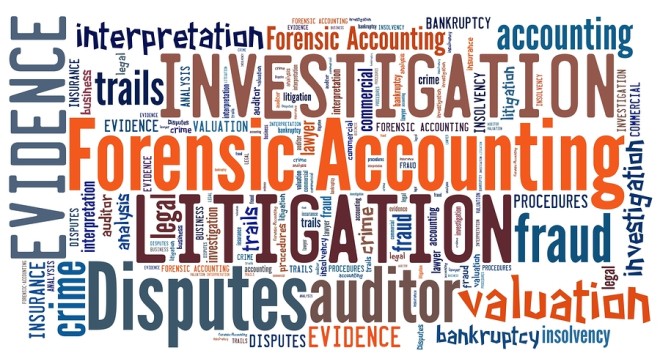Payroll fraud is a serious issue that can have devastating consequences for businesses of all sizes. In this blog post, we’ll explore what it is, how it happens, and what you can do to prevent it.
What is Payroll Fraud?
Payroll fraud is a type of white-collar crime that involves the manipulation of a company’s payroll system to steal money from the organization. This can be done by employees or employers and can take many forms. Some common examples of payroll fraud include:
- Ghost employees: These are fake employees who are added to the payroll system, and their paychecks are then deposited into the fraudster’s account.
- Falsified timesheets: Employees may inflate their hours worked or claim overtime they didn’t earn.
- Misclassification: Employers may misclassify employees as independent contractors to avoid paying taxes and benefits.
- Unauthorized bonuses: Fraudsters may issue themselves or others unauthorized bonuses or raises.
How Does Payroll Fraud Happen?
Payroll fraud can happen in many ways, but it often occurs when there are weaknesses in a company’s internal controls. For example, if there is no segregation of duties between the person who processes payroll and the person who approves it, it becomes easier for someone to manipulate the system. Similarly, if there is no oversight of the payroll process, it becomes easier for someone to commit fraud.
How Can You Prevent Payroll Fraud?
Preventing payroll fraud requires a multi-faceted approach that involves both technology and human resources. Here are some steps you can take to reduce your risk:
- Segregate duties: Make sure that no one person has complete control over the payroll process. For example, one person should be responsible for processing payroll, while another should be responsible for approving it.
- Implement internal controls: Establish policies and procedures that govern the payroll process. For example, require two signatures on all checks over a certain amount.
- Conduct background checks: Screen all new hires thoroughly to ensure that they are who they say they are and have the qualifications they claim to have.
- Train employees: Educate your employees about what payroll fraud is and how to prevent it. Make sure they know how to report suspicious activity.
- Use technology: Implement software that can detect anomalies in your payroll data. For example, if an employee suddenly starts working more hours than usual, this could be a sign of fraud.
By taking these steps, you can reduce your risk of falling victim to payroll fraud. Remember, prevention is always better than cure.
Conclusion
In conclusion, payroll fraud is a serious issue that can have devastating consequences for businesses of all sizes. It’s important to understand what payroll fraud is and how it happens so that you can take steps to prevent it from happening in your organization. By implementing internal controls, conducting background checks, training employees, and using technology to detect anomalies in your payroll data, you can reduce your risk of falling victim to payroll fraud. If you feel you could be a victim of payroll fraud, a fraud investigation is the best way to find out.
 Government over alleged misuse by the organization’s senior executives of finances. Kris Manos, IRD’s interim president who was brought in, hired an outside forensic accounting firm to audit finances, including charges on the credit card of former president, Arthur Keys, who retired last July. Reported in the Washington Post on February 9, 2015, it claims that a
Government over alleged misuse by the organization’s senior executives of finances. Kris Manos, IRD’s interim president who was brought in, hired an outside forensic accounting firm to audit finances, including charges on the credit card of former president, Arthur Keys, who retired last July. Reported in the Washington Post on February 9, 2015, it claims that a